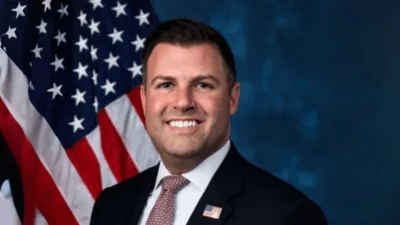At a hearing on September 17, 2025, Subcommittee on Economic Growth, Energy Policy, and Regulatory Affairs Chairman Eric Burlison (R-Mo.) addressed the state of American education and the potential impact of expanding school choice. The session was titled “Opening Doors to Opportunity: The Promise of Expanded School Choice and Alternatives to Four-Year College Degrees.”
In his remarks, Burlison discussed longstanding issues in the U.S. education system. He noted that for 25 years, reading and math proficiency scores have remained stagnant. Burlison argued that traditional K-12 education has grown in size but has not improved outcomes for students.
He also questioned the value of four-year college degrees in today’s job market. According to Burlison, “Half of the undergraduate class of 2023 now works in jobs that don’t even require a degree.” He pointed out that many graduates are burdened with debt while holding degrees with limited marketplace value.
Burlison emphasized a growing need for skilled trades and technical workers in the U.S. economy. He cited recent Department of Labor data showing that “in the trades, the average salary after completion of an apprenticeship is $11,000 more than that of recent college graduates.”
The chairman credited President Trump and Congressional Republicans for challenging traditional educational models. He highlighted the One Big Beautiful Bill Act, which was signed into law earlier this year to support scholarships and allow parents greater choice in selecting schools for their children.
“School choice is not a theory. It is freedom. It is competition. It is accountability,” said Burlison during his opening statement.
Burlison called for increased support for alternative post-secondary pathways such as apprenticeships and vocational training programs. He stated these alternatives offer clear opportunities compared to some underperforming four-year college programs.
“America’s youth and families deserve—and America’s economy demands—educational and career training choices that better fit students’, families’ and communities’ needs,” he concluded.
James Comer currently serves as a member of Congress representing Kentucky’s 1st district after replacing Ed Whitfield in 2016 (https://comer.house.gov/about). Comer previously served in the Kentucky House of Representatives from 2001 to 2012 (https://comer.house.gov/about). Born in Carthage, Tennessee in 1972, Comer lives in Tompkinsville (https://comer.house.gov/about) and graduated from Western Kentucky University with a Bachelor of Science degree in 1993 (https://comer.house.gov/about).








